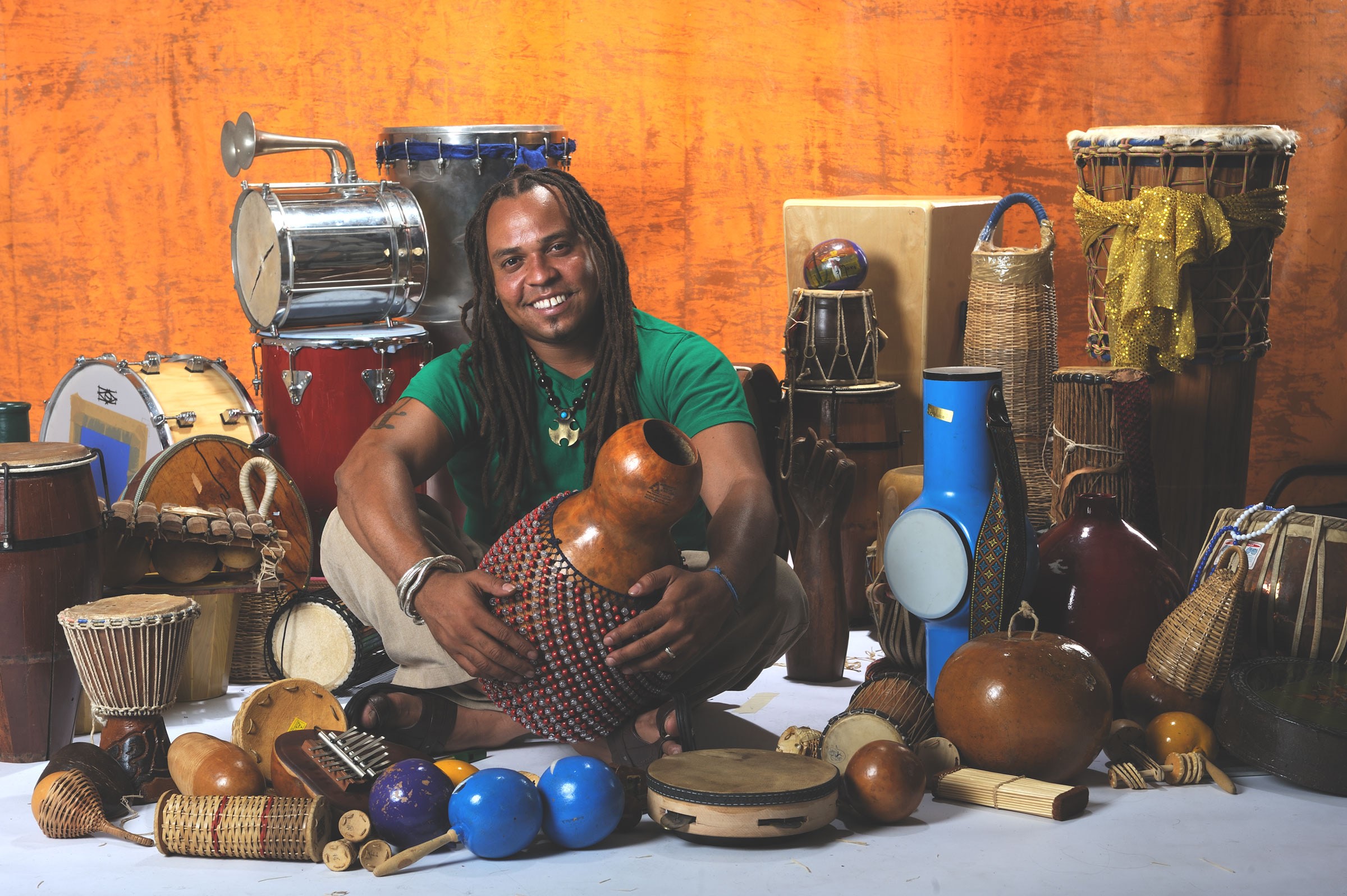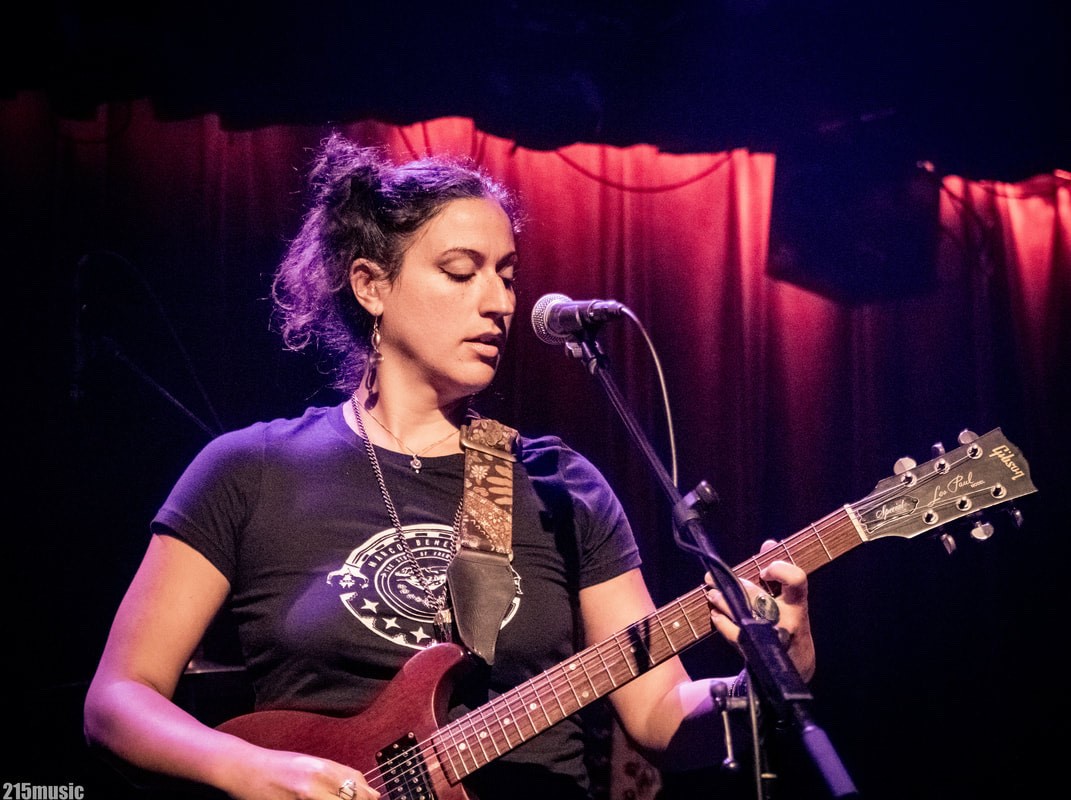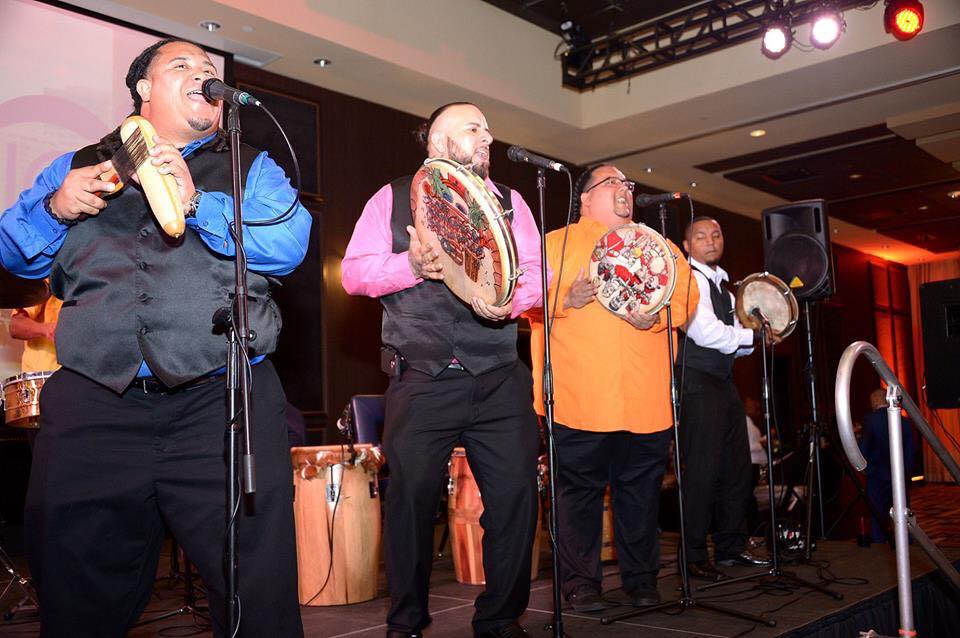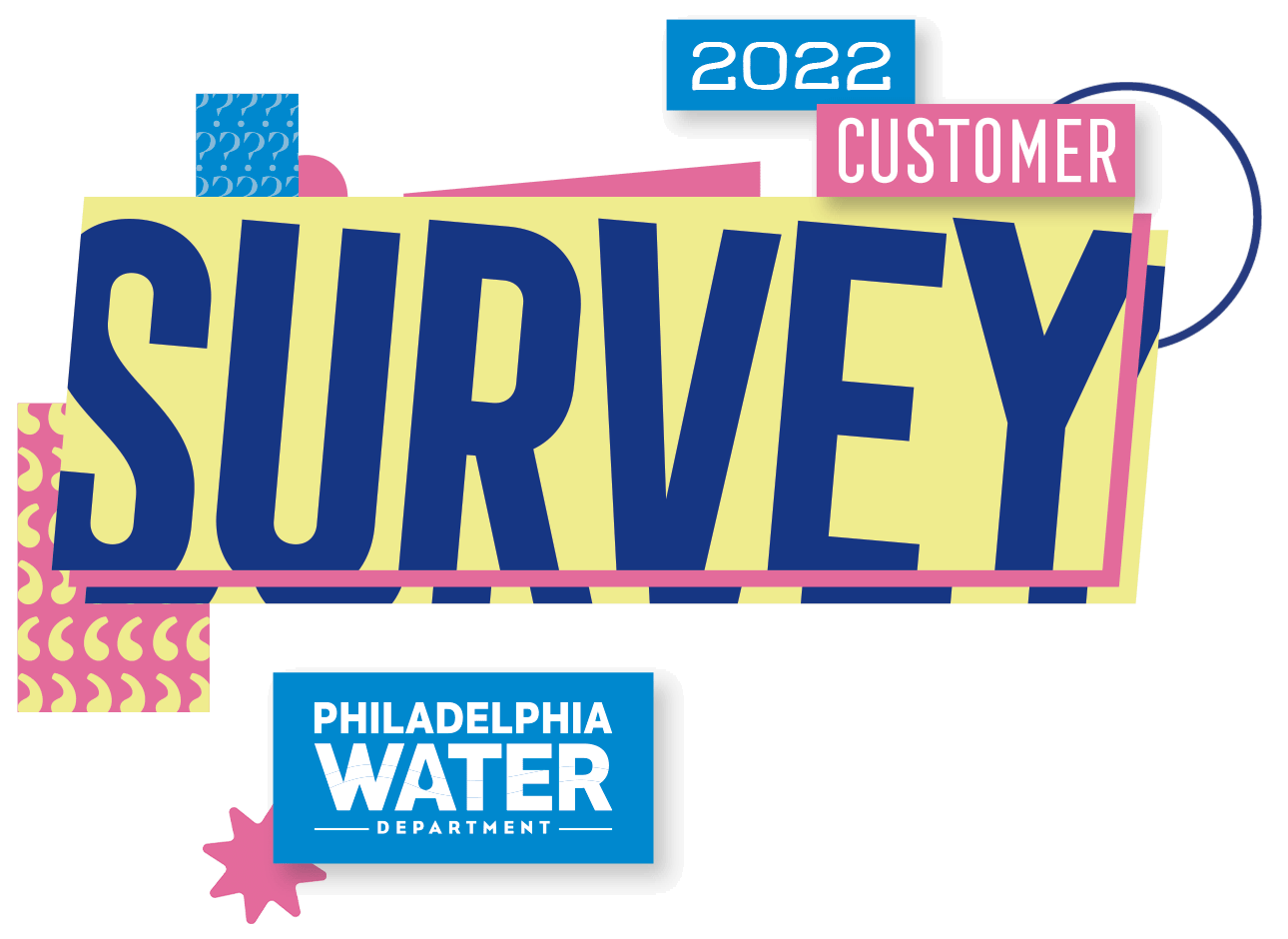At the Water Department, we often gravitate towards spaces where art and science meet.
For many individuals, technical reports may not resonate quite as much as murals or melodies. So, we lean on creativity to communicate topics that can feel complex, such as tap water quality.
During this Drinking Water Week, we’re delighted to celebrate around Drink More Tap — a series of projects using visual and performing arts to spread awareness about the benefits of drinking Philly tap: it's safe, affordable, and sustainable.
In collaboration with Mural Arts Philadelphia and artist Calo Rosa, the first act of these festivities kicked off two years ago with our Drink More Tap murals at Penrose and Cruz Recreation Centers in North Philadelphia. These spectacular pieces of public art were installed and designed with communities where bottled water consumption is common, according to research we conducted with the University of Pennsylvania.
Recently, however, we exchanged paintbrushes for percussion.
Continuing our partnership with Mural Arts Philadelphia, our creative coalition has welcomed local producer AFROTAINO, which showcases global artists, particularly Afro, Latinx, and Indigenous musicians.
Thanks to AFROTAINO, we’re excited to join forces with three Philadelphia-based musicians, Dendê Macêdo, Sonni Shine, and Los Bomberos De la Calle, who each composed new songs spotlighting Philly tap!
“It makes such a difference when we’re using art and music to communicate about a topic that some people find a little intimidating because they associate it with science,” says Tiffany Ledesma, PWD’s Public Engagement Team Manager. “But, it’s so simple. It’s just water, and a lot of times we end up complicating the message, making it too technical, when everyone can actually connect to this topic. And involving musicians in the storytelling creates intimacy like no other. They can make the Drink More Tap message resonate in the most special way!”
All the Drink More Tap musicians descend from different backgrounds, including their genres, cultures, and experiences with tap water…
Dendê Macêdo
Dendê Macêdo, a Brazilian-born vocalist, composer, percussionist, bandleader, and teacher, whose dynamic performances have seized stages from Ontario to Malaysia, remembers his hesitancy to consume the tap water while living in Salvador, Bahia. For the multi-instrumentalist, who created the comprehensive arts-in-education Mamadêlê Foundation, moving to the United States two decades ago was a particular adjustment when it came to drinking from the tap.
“In Brazil, the water is not…too clear,” says Macêdo, who has been professionally performing since he was 14-years-old. “We don’t drink too much tap water over there.”

Dendê Macêdo (Photo Courtesy of AFROTAINO)
While living in the U.S., he gradually gained confidence in drinking tap water, a feeling he conveys through buoyant Afro-Brazilian beats in his new carnival-style composition (written with his wife, Leslie Macêdo) created to get listeners grooving, moving, and thirsty!
“This (project) is super important because it talks about…tap water — something that I [had to spend] 20 years in this country learning about and trust(ing) about,” says Macêdo. “When I wrote this song, specifically, I was thinking about to send a great message for people to get convinced and trust, also, with the rhythm, with the energy, and think about ‘It’s tap water time!’”
Additionally, Macêdo is an ideal tap ambassador, as sustainability is at the forefront of his Recycled Sounds project, which involves “making instruments out of found materials.”
Listen to Dendê Macêdo's Tap Water Tune! (Volume up!)
Sonni Shine
Sustainability is a source of inspiration for another Drink More Tap artist, Sonni Shine, whose music has been showcased on WXPN, WMMR, WKDU, and Radio 104.5.
The New Jersey native, who fuses R&B with funk, jazz, and folk, was also uncertain about drinking tap water while growing up. But after moving to Philly for college, Shine, a vocalist, guitarist, and producer, was compelled to switch to tap, understanding that consuming single-use bottled water can be a wasteful habit.

Sonni Shine (Photo courtesy of AFROTAINO)
In her new song, Shine’s environmental zeal is expressed through bluesy strums on an electric guitar accompanied with lyrics:
Rather than waste, and clog up the trash
with plastic material built to last
(Philly) turn on the tap
(Philly) drink it back…
For Shine, who served as front-woman for local reggae-fusion band The Underwater Sounds, reducing plastic in our waterways was a key reason why she wanted to join Drink More Tap, fervently feeling that music has the capacity to make a difference — within ourselves and across the world.
“I think that music and art hit us in a different part of our body, in a different part of our brain where…we become more open to hearing and receiving new ideas or new perspectives,” Shine says. “Because music kind of just naturally opens us up, and art as well, like looking at a piece of art. It’s just turning on a different part of your brain. I think it’s also more heart-oriented instead of head-oriented. So, instead of, ya know, reading the facts and thinking with your logical mind, you’re opening up your heart to a piece of music. So, yeah, I firmly believe that music can change the world.”
She further developed tap water assurance after absorbing information that set the foundation for Drink More Tap, including research conducted with the Water Department and the University of Pennsylvania.
Listen to Sonni sing her way out of single-plastic use!
Los Bomberos De la Calle
Another Drink More Tap performer, Los Bomberos De la Calle, a North Philly-based Puerto Rican Bomba and Plena ensemble, felt similarly reassured after reading Water Department research.
Across the tri-state area, Los Bomberos De la Calle, a seven-year-old group, engages the public, especially children and seniors, around traditional Puerto Rican sounds. This pursuit to enliven communities spilled into their interest to educate about Philly tap.
“What’s most important is that you learn from that song and that message that is being relayed out to the people,” says New York native Anthony Mendez, the ensemble’s director. “And that’s one thing that’s important, with especially the tap water. Because I didn’t know all the information that I know now. I’m still learning from before we had started this project.”
Mendez says that music has the power to shift perceptions, which drove him to co-write this canción (tune) alongside Puerto Rico native Jonathan Santiago, the ensemble’s lead singer. The song is brought to life by Bomba beats — a traditional Puerto Rican genre still alive and popular today.

Los Bomberos De la Calle (Photo courtesy of AFROTAINO)
Water Department customer survey results show that water from the tap is perceived more skeptically by Black, Hispanic, and immigrant communities.
These findings ultimately shaped Drink More Tap. Just as the murals were installed in regions where bottled water consumption is most common, musicians representing these communities were commissioned to write tracks for the campaign.
“When I speak with my family about ‘hey, the Water Department is very interested in doing something for the Latins and use our music.’ They say, ‘Okay this is good!,” says Santiago, who lived in Humacao, PR. “I think the music is a good way (to) deliver the message to the people. The people (are) very receptive when you send the music in the message. People need to know more about Philly tap water.”
Stay tuned for the release of Los Bomberos De la Calle's song soon!
More on tap!
Join us this summer as we unveil new Drink More Tap material, including interviews with the artists, more music, and virtual concerts, on #ThirstyThursdays!
“It really is important to have different ways to communicate,” says PWD community outreach specialist Maura Jarvis. “People see things in different ways. There are visual learners. There are auditory learners. It just gives you a way to reach different people in a way that resonates with them. If you’re trying to have an open conversation, and you’re trying to help them understand something, of course, you want to approach them in a way that they’re open to…Movement and music is something that they’re drawn to.”


